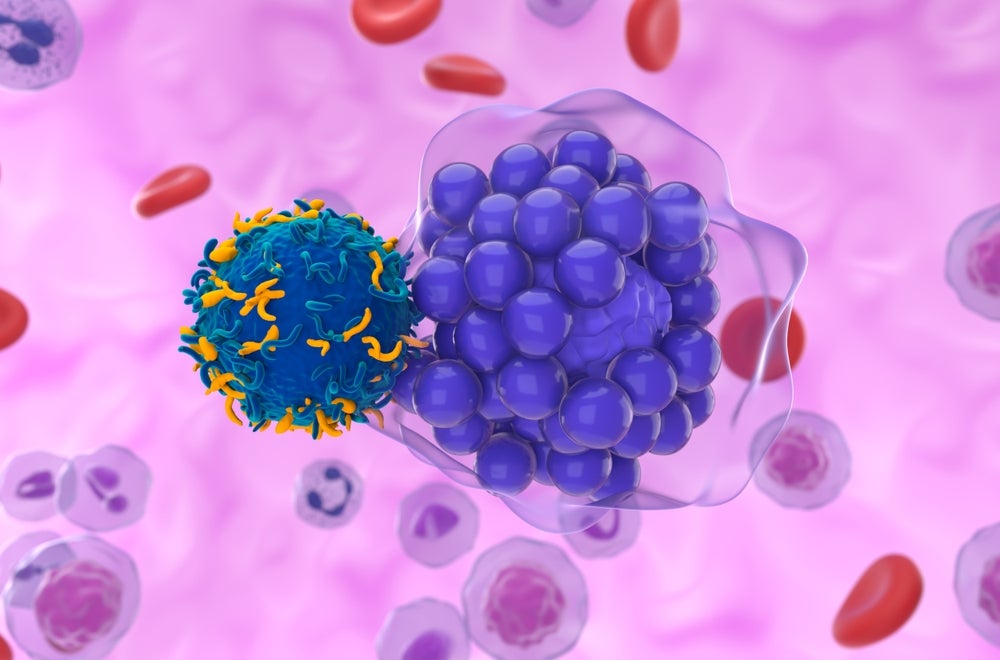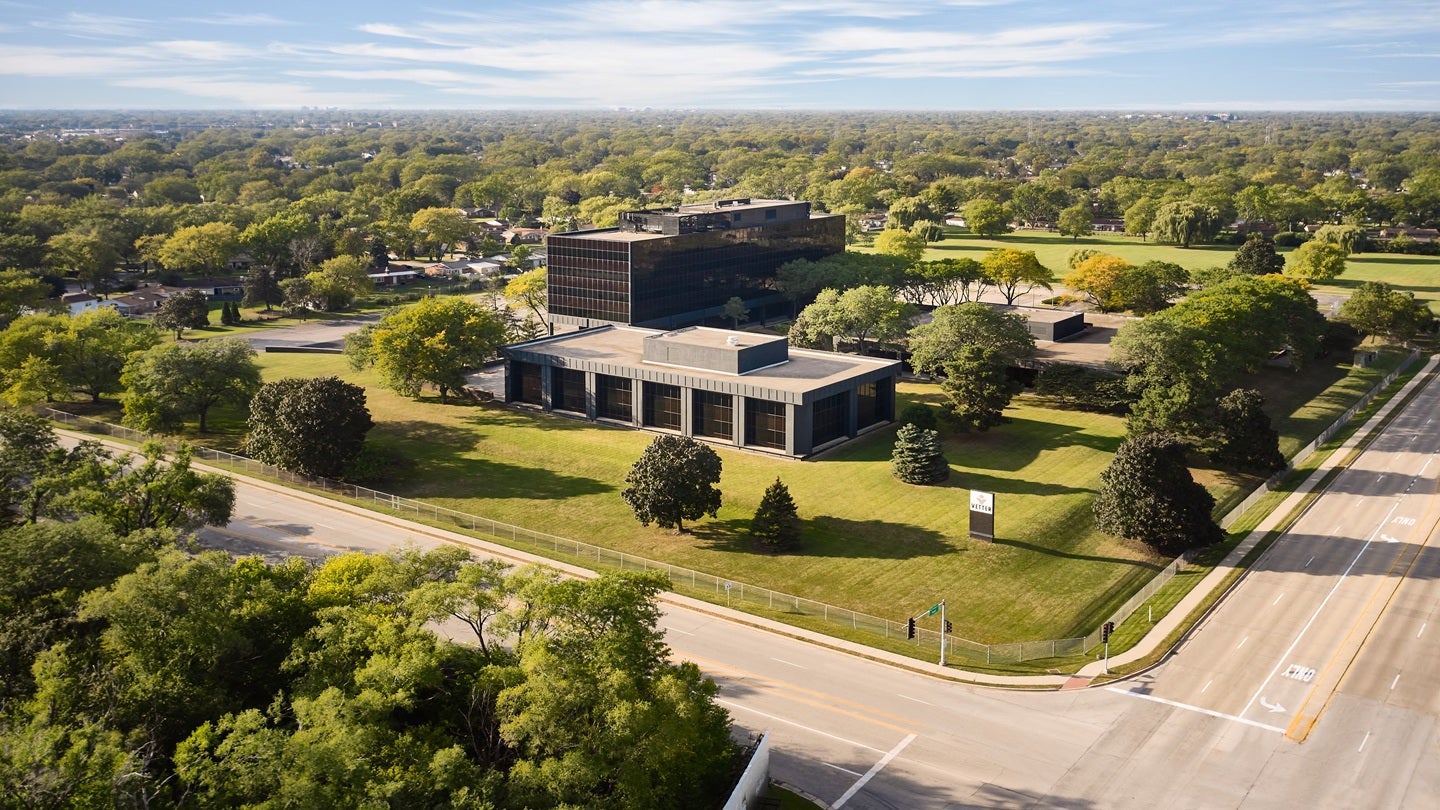FDA delays approval of Duchenne gene therapy
The review of a highly anticipated gene therapy for Duchenne muscular dystrophy by the Food and Drug Administration (FDA) has been delayed by one month. The FDA is extending the evaluation period to decide if initial approval should be restricted to children who would derive the greatest benefit from the treatment. Sarepta Therapeutics, the developer […] The post FDA delays approval of Duchenne gene therapy appeared first on LifeSci Voice.

The review of a highly anticipated gene therapy for Duchenne muscular dystrophy by the Food and Drug Administration (FDA) has been delayed by one month. The FDA is extending the evaluation period to decide if initial approval should be restricted to children who would derive the greatest benefit from the treatment.
Sarepta Therapeutics, the developer of the therapy, stated that the FDA requires a modest extension to complete its review and will announce its decision on accelerated approval by June 22. This delay involves finalizing negotiations on the drug’s label information and the post-marketing commitments required from Sarepta. The FDA had initially set a decision deadline of May 29, which has now been extended.
Sarepta indicated that the FDA is contemplating the possibility of granting approval for the treatment to be utilized in individuals with Duchenne muscular dystrophy, specifically targeting those aged 4 to 5. An ongoing Phase 3 study, which is placebo-controlled, will serve as a confirmatory trial.
Positive results from this trial could support a broader label without age restrictions. The results from this trial are expected to be available by the end of the year. Sarepta declined to provide further comments, and the company’s shares experienced an 8% drop at the market opening.
Sarepta is seeking FDA clearance based on the therapy’s ability to assist individuals with Duchenne muscular dystrophy in producing a protein called microdystrophin, which is believed to protect muscle function. Furthermore, preliminary testing indicated that some participants achieved better outcomes than what medical history would suggest.
Nevertheless, in the sole placebo-controlled trial conducted to date for Sarepta’s gene therapy, there was no substantial improvement observed in patient function as a result of the treatment. Further analysis conducted by the company revealed that participants between the ages of 4 and 5 showed better results compared to older participants.
The FDA faces a challenge due to the conflicting data, which seems to have created a division within the agency regarding the decision to approve the treatment. During a recent meeting of FDA advisors, agency scientists raised concerns about the significance of microdystrophin and expressed skepticism about Sarepta’s results. Some panelists shared these views, but ultimately, the FDA advisors voted 8-6 in favor of recommending accelerated approval for Sarepta.
The ongoing confirmatory study has the potential to address the doubts held by FDA staff and advisors. However, the short timeline also poses risks for the FDA, as approving the therapy and subsequently obtaining negative data from the trial could result in its removal from the market.
Duchenne muscular dystrophy is a progressive condition that primarily affects boys, resulting in muscle wasting. Administering gene therapy at an earlier stage is likely to lead to better outcomes, according to Jerry Mendell, the director of gene therapy research at Nationwide Children’s Hospital and an investigator in Sarepta’s study.
Muscles weaken over time, and early treatment targets stronger muscle tissue that is more receptive to gene therapy. Additionally, scar tissue accumulates as patients age, making muscle contraction less effective and impacting the therapy’s efficacy.
The potential limitations of Sarepta’s treatment, particularly in the initial stages, came as a surprise to Brian Abrahams, an analyst covering Sarepta at RBC Capital Markets. In a note to clients, he mentioned that while initially limiting approval to younger patients was viewed as a middle ground to justify accelerated approval based on better data in that age group, it had not been extensively discussed during the FDA meeting.
The post FDA delays approval of Duchenne gene therapy appeared first on LifeSci Voice.
What's Your Reaction?

































